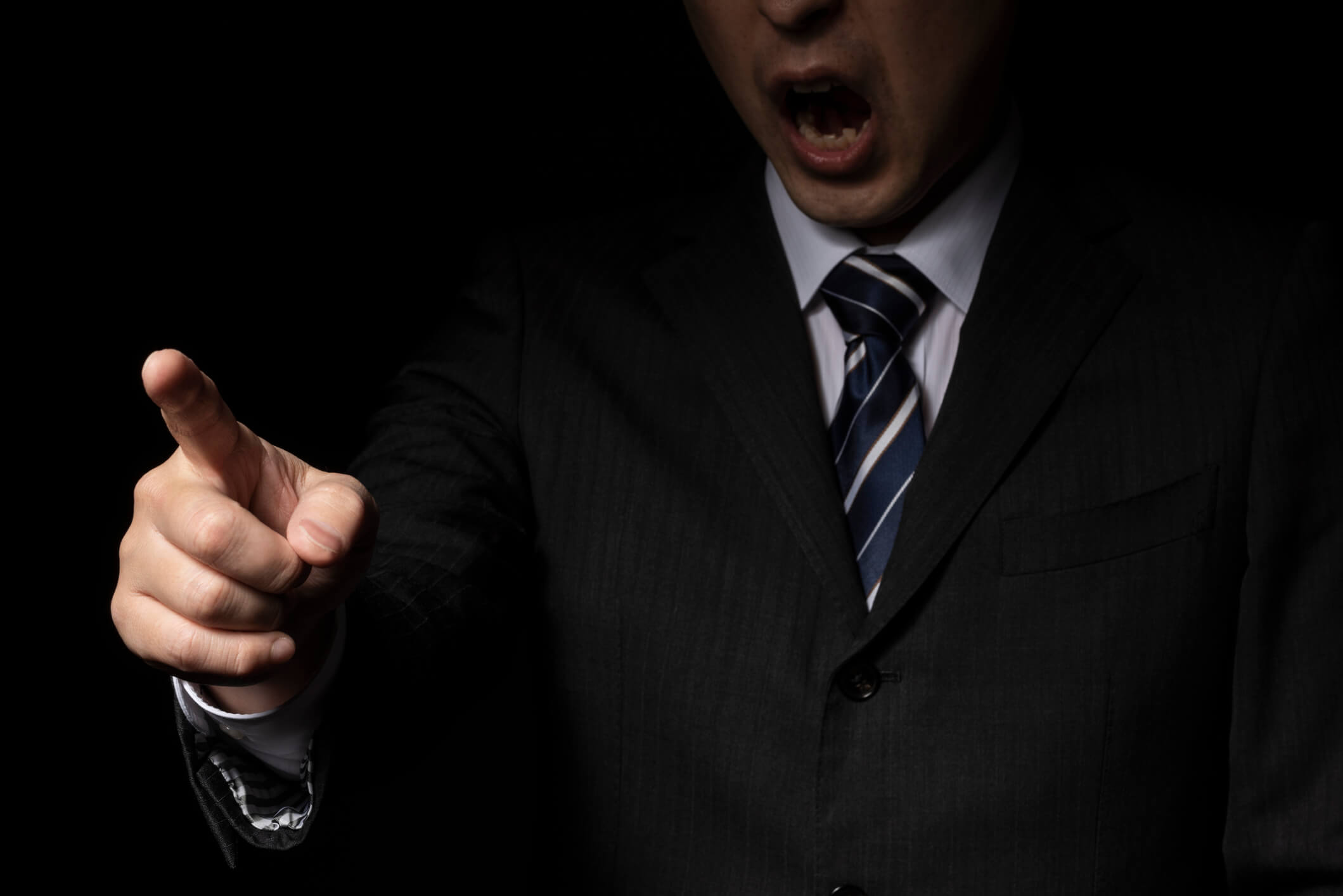Sorry that I deleted Kakunen's message until I had a chance to confirm with him. Apparently, one of the temples where he sits (he can explain more) is experiencing something very common in Japanese Buddhism (not to mention in companies and families where there is a dispute on management): The former abbot (semi-retired but still influential) and the current abbot cannot agree on how the temple, named Tenryu-ji, is to be run. Apparently, the current abbot is very strict, the former abbot is even stricter, and (according to Kakunen), they are even "old school" on the slapping, hitting, hazing, verbal harassment and other "boot camp" approaches to training.
This kind of very violent (verbally, often physically violent) training is found not only in Zen, but in many corners of traditional Japanese "training camps" from Sumo to high school baseball(!), martial arts to even Japanese Kabuki schools! In Zen, of course, some "old school" folks believe in a monastic atmosphere to rival marine boot camp or the army, very aggressive if not downright abusive and sadistic when overdone.
Kakunen, correct me if am wrong. It has caused several monks there to run away.
I don't care for this style of training at all, but it is still common in Japan in some corners. Apparently, at Tenryu-ji, it is combined with some kind of civil war between the former abbot and the current abbot about the course of training and running of the temple. Kakunen has trained at quite a few monasteries, so this must be an extreme case for him to say this.
Frankly (and I think Kakunen will allow me to say this, as he often talks about it himself), Kakunen has been through a lot of violence in his own life, it has left him with PTSD, leaving him especially fragile and sensitive to any violent behavior, and this kind of conflict and aggressive training is especially hard on him for that reason. It is very sad to me.
Here is Kakunen's original message, and my translation below:
~~~~~~~~~~~~~~
まずは日本語で書きます。
これは東堂と住職の自業自得です。そして第一番手のリーダーも同じです。
彼らは私を置いて逃げました。アメリカ人の参禅者と私が最後に残りました。
彼らはあまりにハードな形だけの接心で、いつも怒り、競っています。
これが起きることは時間の問題でした。私はいつも標的になり、殴られ、理不尽に怒られました。
それで入院することが少なくとも4回はありました。私はもうここを出なくてはならない。
誰が正しい、何が正しい、聞き飽きました。
坐禅なのか、座禅なのかと聞かれ、坐禅が正しいと言われたとき、私は言いました。
Zazenですと。
彼らの場所に行くことになったのは、同じく城満寺の争いからでした。しかし今は彼は
謝りました。懺悔しました。そして今私をサポートします。
もう私は疲れました。しかしこれだけははっきりと言えます。悩んできてよかったと思います。
私は父の失踪により1億円以上の借金を背負ったとき、この歌がいつも私をサポートしてくれまし た。
もう20年以上前の話です。
さあ、今から坐ります。
~~~~~~~~~~~~~
Translation:
[Regarding the problem at Tenryuji temple:] This is a matter of "reap what you sew, getting your own just desserts] between the retired abbot and the [current] abbot. And the same is true for the first leader [senior monk under the abbot]. They left me and ran away. The American who came for Zen practice and I were the people last to remain.
They are always angry and competing, with always doing only too hard sesshins.
It was only a matter of time before this was bound to happen. I was always targeted, beaten, and subject to anger that was unreasonable. [JUNDO: Kakunen, they beat you???? Can you describe how and how much??? ]
]
So I was hospitalized at least four times. I also have to leave here and can't stay.
I'm tired of hearing arguments about who is right and what is right.
When I was asked if it was zazen [spelled one way with this first Kanji meaning to sit Zen 坐禅] or zazen written another way [also meaning to sit Zen 座禅], I answered that it is best just to say "zazen" [in English.]
I decided to go to their place [Tenryuji] because of the conflict I previously faced at Jomanji Temple. But now he apologizes. He repented. And now he supports me.
I'm tired already. But this is something that I wish to say clearly: I'm glad I was worried.
This song always supported me when I was in debt of over 100 million yen due to my father's disappearance. It's been over 20 years since then.
Now I will sit.
This kind of very violent (verbally, often physically violent) training is found not only in Zen, but in many corners of traditional Japanese "training camps" from Sumo to high school baseball(!), martial arts to even Japanese Kabuki schools! In Zen, of course, some "old school" folks believe in a monastic atmosphere to rival marine boot camp or the army, very aggressive if not downright abusive and sadistic when overdone.
Kakunen, correct me if am wrong. It has caused several monks there to run away.
I don't care for this style of training at all, but it is still common in Japan in some corners. Apparently, at Tenryu-ji, it is combined with some kind of civil war between the former abbot and the current abbot about the course of training and running of the temple. Kakunen has trained at quite a few monasteries, so this must be an extreme case for him to say this.
Frankly (and I think Kakunen will allow me to say this, as he often talks about it himself), Kakunen has been through a lot of violence in his own life, it has left him with PTSD, leaving him especially fragile and sensitive to any violent behavior, and this kind of conflict and aggressive training is especially hard on him for that reason. It is very sad to me.
Here is Kakunen's original message, and my translation below:
~~~~~~~~~~~~~~
まずは日本語で書きます。
これは東堂と住職の自業自得です。そして第一番手のリーダーも同じです。
彼らは私を置いて逃げました。アメリカ人の参禅者と私が最後に残りました。
彼らはあまりにハードな形だけの接心で、いつも怒り、競っています。
これが起きることは時間の問題でした。私はいつも標的になり、殴られ、理不尽に怒られました。
それで入院することが少なくとも4回はありました。私はもうここを出なくてはならない。
誰が正しい、何が正しい、聞き飽きました。
坐禅なのか、座禅なのかと聞かれ、坐禅が正しいと言われたとき、私は言いました。
Zazenですと。
彼らの場所に行くことになったのは、同じく城満寺の争いからでした。しかし今は彼は
謝りました。懺悔しました。そして今私をサポートします。
もう私は疲れました。しかしこれだけははっきりと言えます。悩んできてよかったと思います。
私は父の失踪により1億円以上の借金を背負ったとき、この歌がいつも私をサポートしてくれまし た。
もう20年以上前の話です。
さあ、今から坐ります。
~~~~~~~~~~~~~
Translation:
[Regarding the problem at Tenryuji temple:] This is a matter of "reap what you sew, getting your own just desserts] between the retired abbot and the [current] abbot. And the same is true for the first leader [senior monk under the abbot]. They left me and ran away. The American who came for Zen practice and I were the people last to remain.
They are always angry and competing, with always doing only too hard sesshins.
It was only a matter of time before this was bound to happen. I was always targeted, beaten, and subject to anger that was unreasonable. [JUNDO: Kakunen, they beat you???? Can you describe how and how much???
 ]
]So I was hospitalized at least four times. I also have to leave here and can't stay.
I'm tired of hearing arguments about who is right and what is right.
When I was asked if it was zazen [spelled one way with this first Kanji meaning to sit Zen 坐禅] or zazen written another way [also meaning to sit Zen 座禅], I answered that it is best just to say "zazen" [in English.]
I decided to go to their place [Tenryuji] because of the conflict I previously faced at Jomanji Temple. But now he apologizes. He repented. And now he supports me.
I'm tired already. But this is something that I wish to say clearly: I'm glad I was worried.
This song always supported me when I was in debt of over 100 million yen due to my father's disappearance. It's been over 20 years since then.
Now I will sit.
Thanks Jundo for making the efforts to translate that for us!
(Sorry for the length)
[emoji1374] Sat Today





Comment